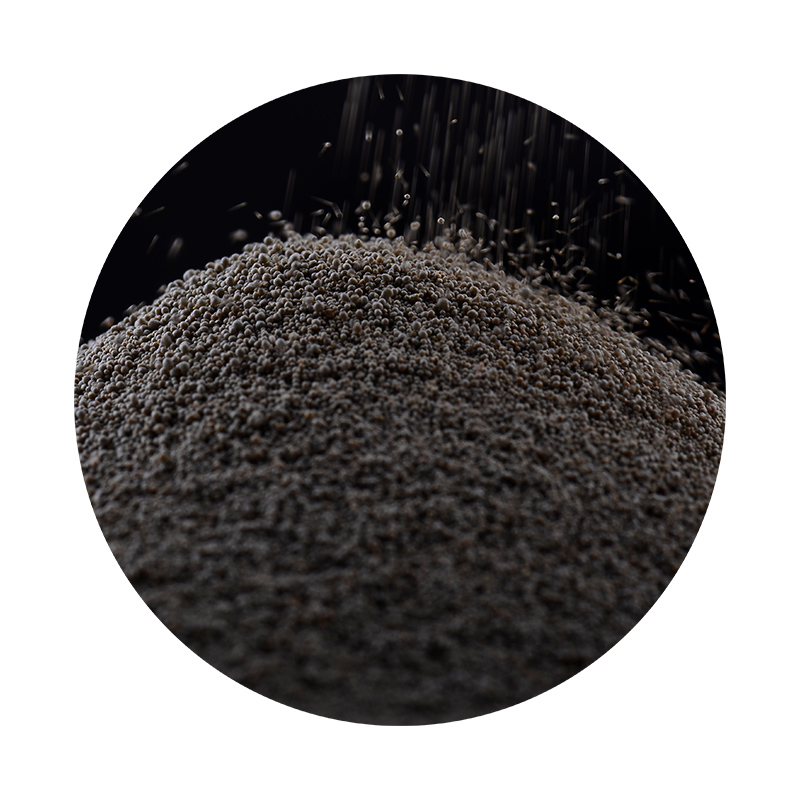The Advantages and Applications of Resin Coated Sand
In the ever-evolving world of foundry technology, resin-coated sand has emerged as a game-changer, revolutionizing the way metal casting is performed. This innovative material has been gaining traction in various industries due to its remarkable properties and advantages over traditional sand casting methods. In this article, we will explore the features, benefits, and applications of resin-coated sand, shedding light on why it is increasingly becoming the material of choice for metal foundries.
What is Resin-Coated Sand?
Resin-coated sand is a composite material created by coating high-quality silica sand with a thermosetting resin. The resin, usually phenolic or furan, provides a binding agent that enhances the sand's performance in casting applications. The process involves heating the sand and mixing it with the resin, resulting in a coating that adheres firmly to the sand grains. This process not only improves the sand's properties but also enhances its performance in high-temperature environments typical of metal casting processes.
Key Advantages
1. Improved Surface Finish One of the most significant benefits of resin-coated sand is its ability to provide a superior surface finish on castings. The fine grain size and uniformity of resin-coated sand allow for intricate details and smooth surfaces, reducing the need for extensive machining post-casting.
2. Excellent Strength The binding properties of resin-coated sand impart high strength to the mold, making it suitable for handling complex and intricate designs. This strength is particularly advantageous in high-pressure casting applications, where traditional molds may fail.
3. Higher Thermal Stability Resin-coated sand exhibits outstanding thermal stability, allowing it to withstand the high temperatures associated with metal casting. This characteristic ensures that the mold retains its shape and integrity, leading to fewer defects in the final product.
4. Reduced Gas Generation During the casting process, traditional sand can generate gases that lead to defects in the castings. Because resin-coated sand has lower gas permeability, it significantly reduces the risk of gas-related issues, producing cleaner and more reliable castings.
resin coated sand

5. Versatility Resin-coated sand can be used for various metals, including iron, steel, and non-ferrous alloys. Its adaptability makes it suitable for a wide range of applications within the metal casting industry, from automotive parts to intricate sculptures.
Applications
Resin-coated sand is widely used across various industries, including
- Automotive Industry The automotive sector frequently utilizes resin-coated sand for producing engine blocks, transmission cases, and other critical components. The high surface finish and dimensional accuracy are essential for meeting the stringent standards required in automotive manufacturing.
- Aerospace Industry In the aerospace industry, safety and reliability are paramount. Resin-coated sand is employed for casting parts that require high precision and strength, such as turbine housings and structural components.
- Artistic Foundries Artists and sculptors often rely on resin-coated sand for creating detailed sculptures and fine art pieces. The ability to achieve intricate designs and fine finishes allows artists to bring their visions to life with remarkable accuracy.
- Heavy Machinery Components for heavy machinery often require durable and accurately cast parts. Resin-coated sand has proven effective in producing such robust components without compromising quality.
Conclusion
In conclusion, resin-coated sand represents a significant advancement in the field of metal casting. Its unique properties, such as improved surface finish, high strength, thermal stability, reduced gas generation, and versatility, make it an ideal choice for a wide range of applications. As industries continue to demand higher precision and quality in their casting processes, the adoption of resin-coated sand is expected to grow, solidifying its position as a vital component in modern foundry practices. With ongoing innovations and improvements, resin-coated sand will undoubtedly play a crucial role in the future of metal casting technology.
Post time:Ное . 06, 2024 22:13
Next:casting sand price
